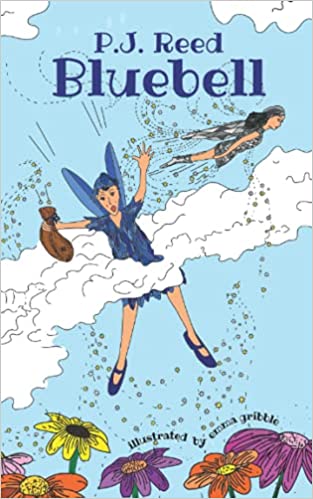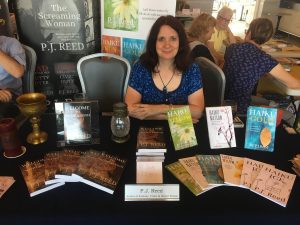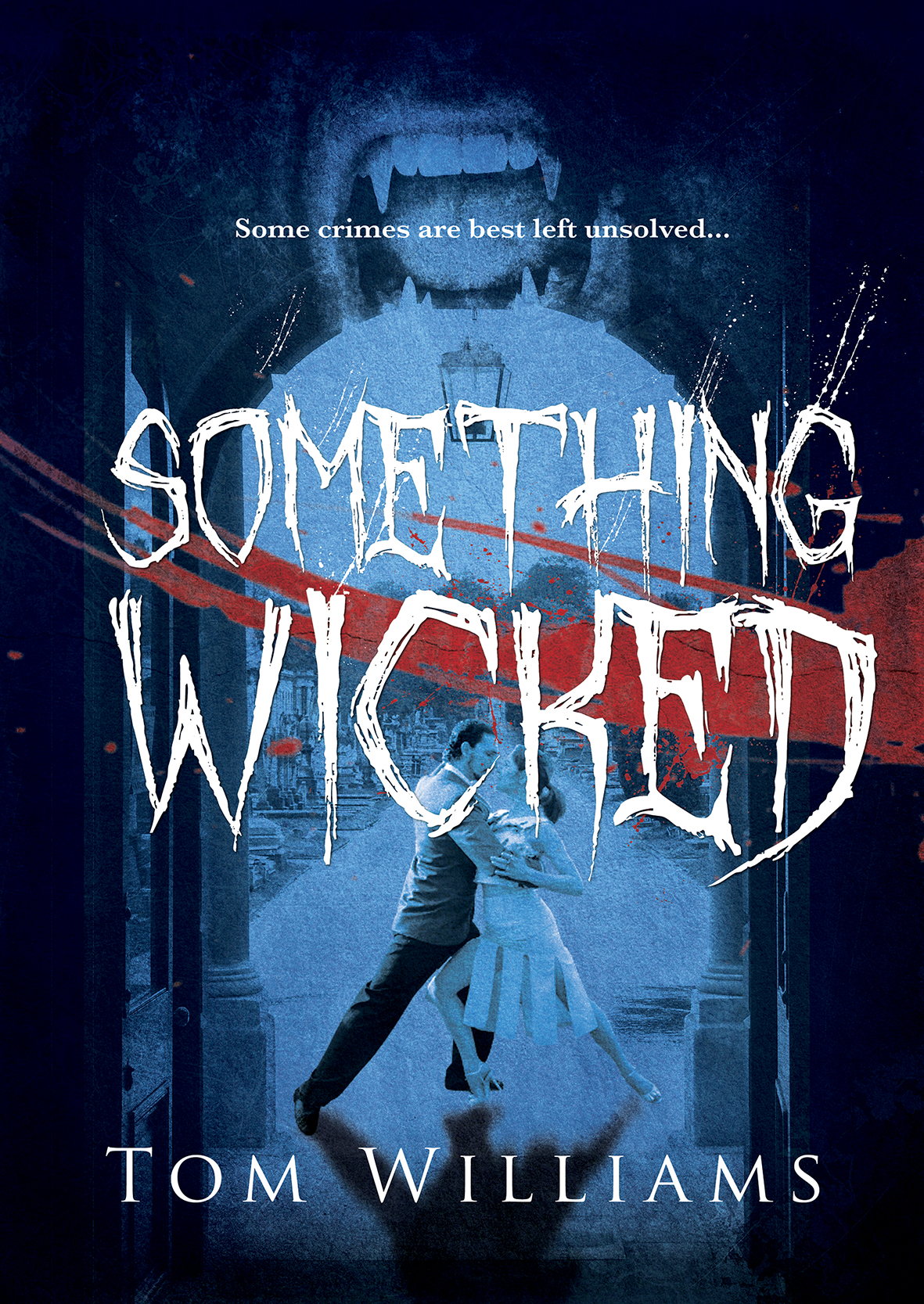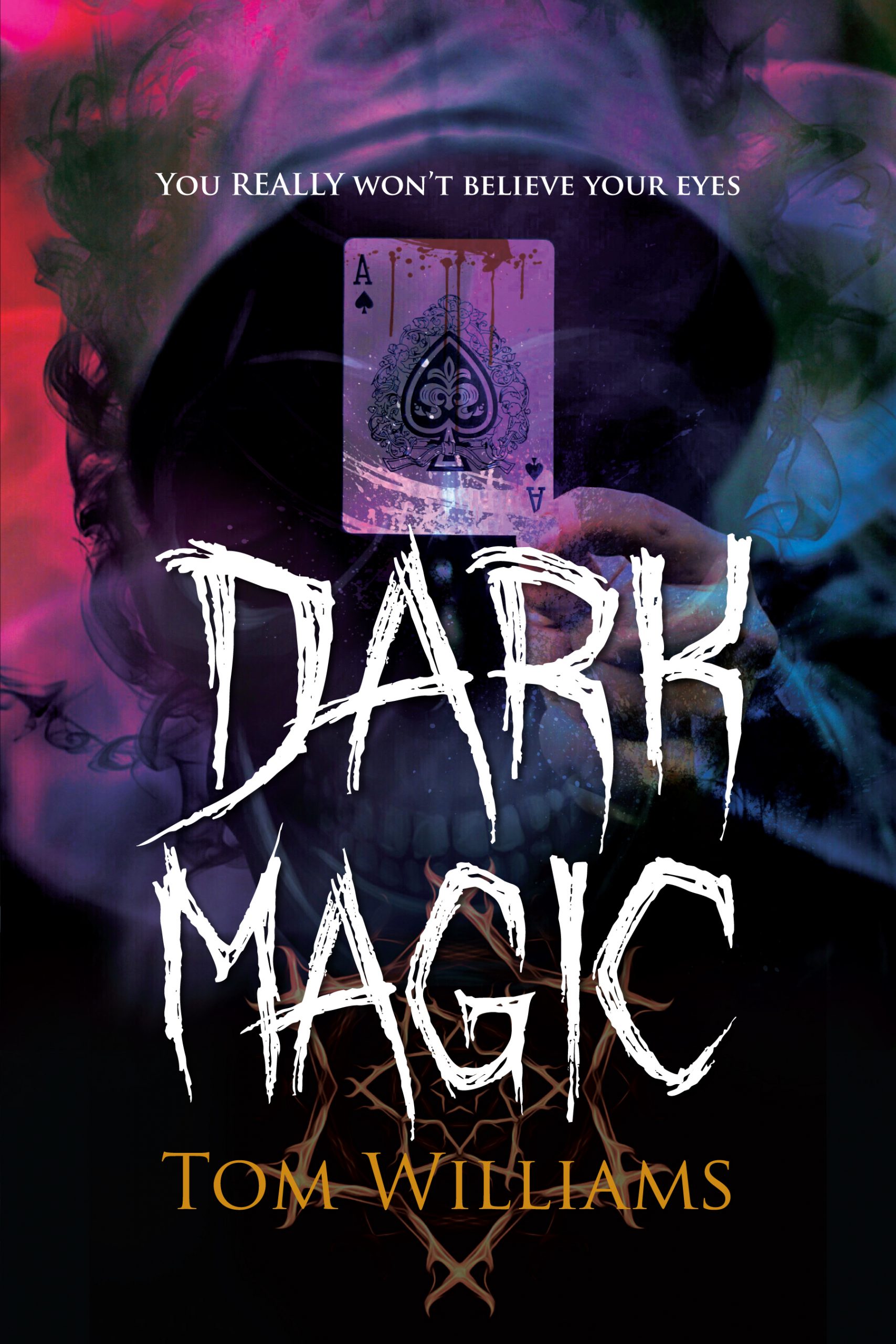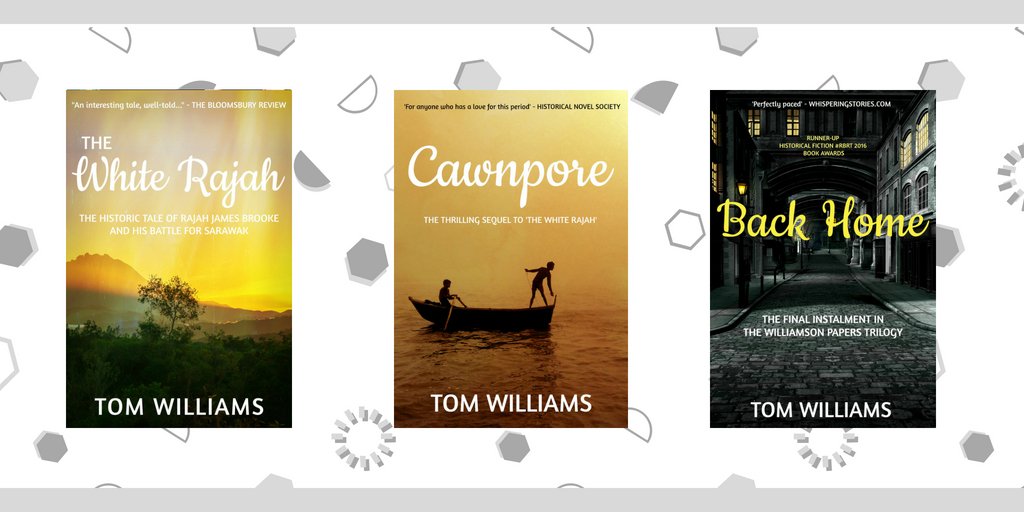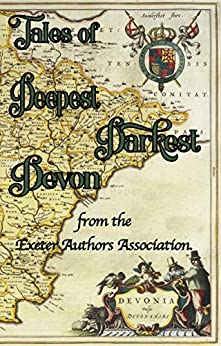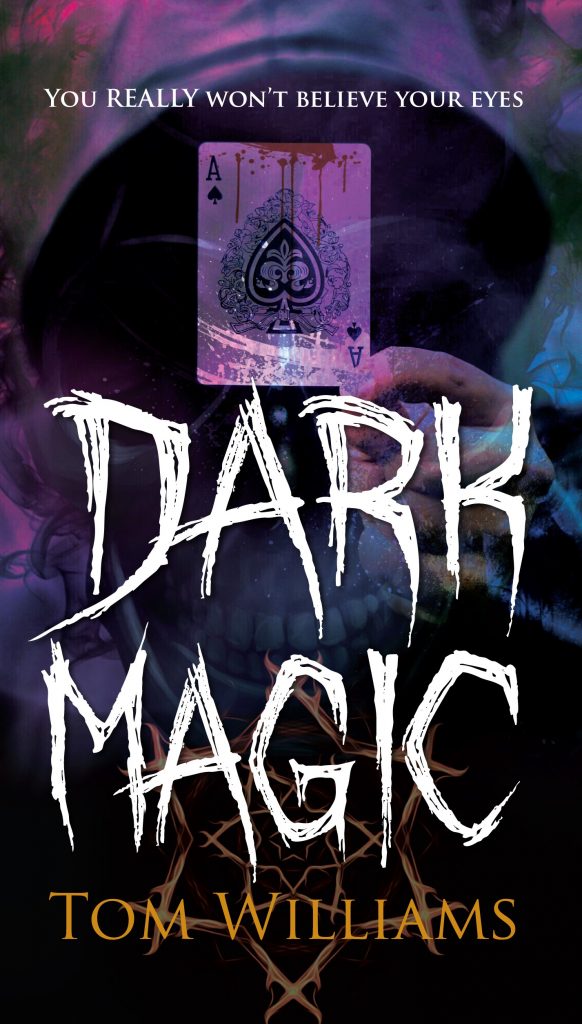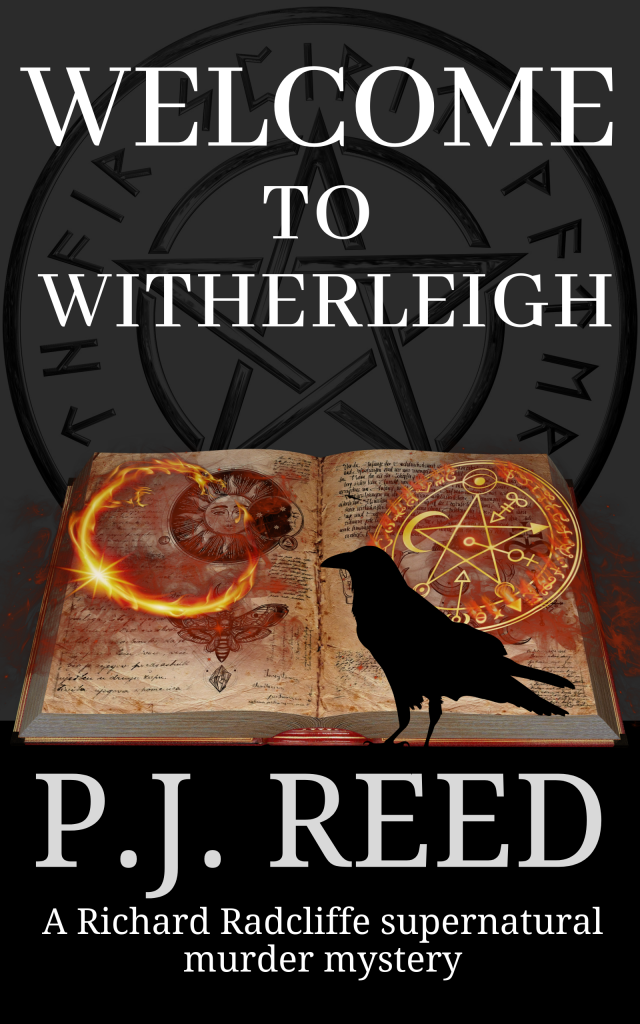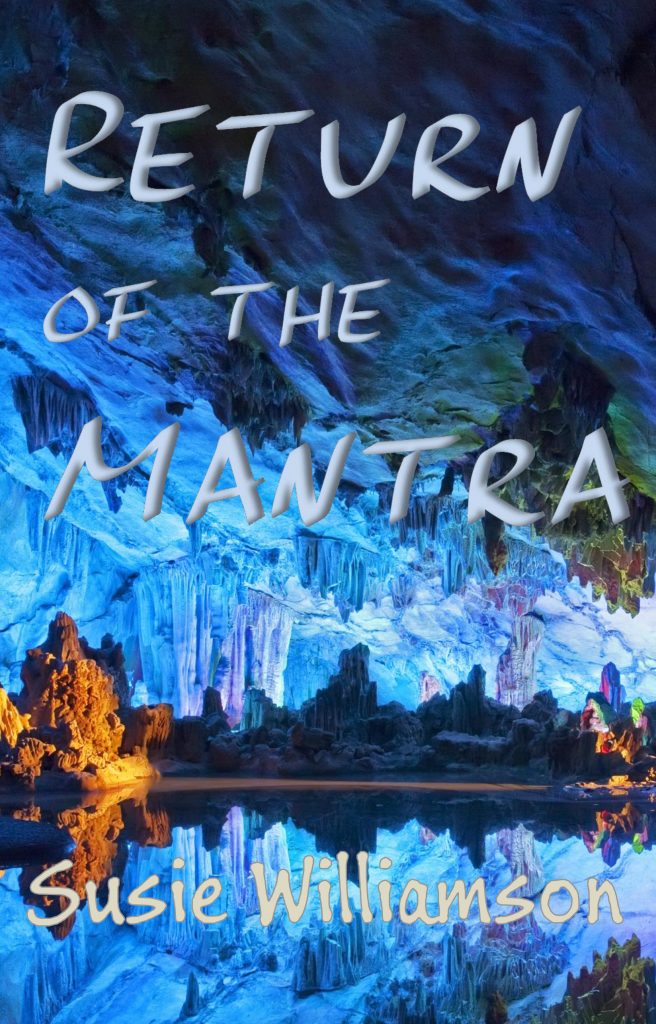OUT NOW—Not That Kind of Witch, A Brand-new M/F Steamy Contemporary Romance by Lucy Felthouse (@cw1985) #contemporaryromance #romance #steamyromance
The latest release from Lucy Felthouse, Not That Kind of Witch is a M/F steamy contemporary romance filled with fun and steam, which also tackles some serious topics. So if you’re looking for a hefty dollop of realism in your romance, then check this one out!
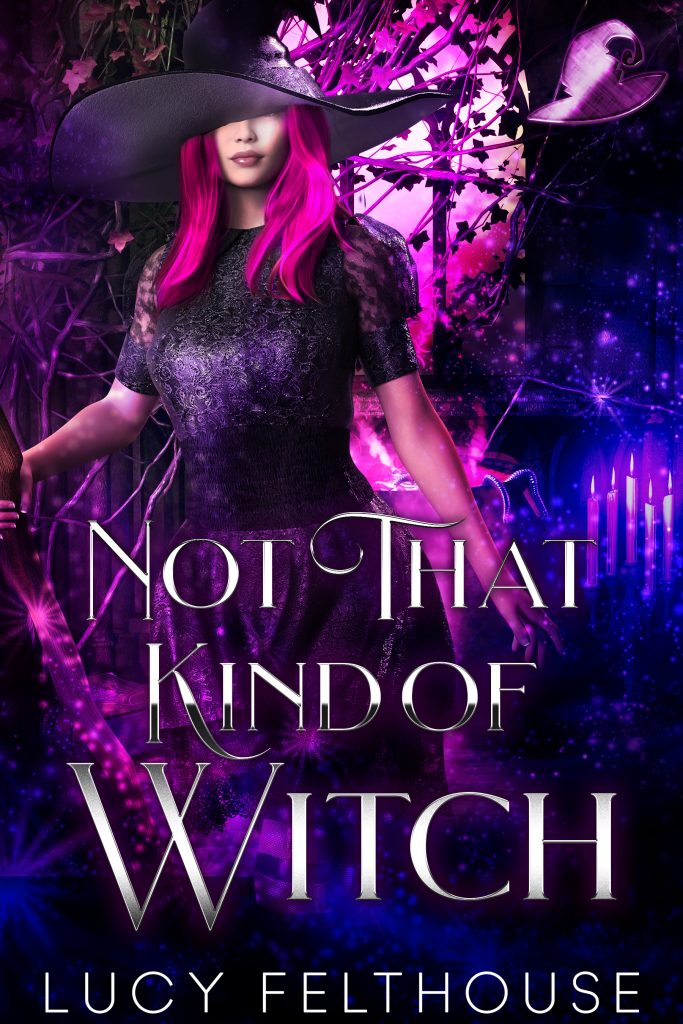
Blurb:
Can Willow let go of her fears and begin living her life again, or will her issues get the better of her?
Willow Green is having a hard time of it. Losing her job at the beginning of the pandemic and her elderly grandmother’s ‘clinically vulnerable’ status have resulted in her becoming housebound. While her entrepreneurial, hard-working spirit and the knowledge passed down through generations of green witches in her family mean she has solved her employment problem, her fear of going out, of allowing the dreaded virus into the house she shares with her grandmother, is far from resolved. In fact, it seems worse than ever.
That is, until Joe Lane comes along. The handsome care worker turned delivery driver does Willow a favour, gaining her attention and reluctant admiration. He’s got plenty of baggage of his own, but he also has the skills and temperament to help her with her problem—and he really seems to care.
The question is, will she let him get close enough to try?
Available in eBook and paperback formats: https://books2read.com/ntkow

Excerpt:
Willow Green had just stepped into the kitchen from the back garden when there came an almighty hammering on the front door. Panic and irritation flared in equal measure and she dumped her loaded wicker basket on the huge farmhouse-style table before hurrying through the house towards the source of the noise.
Another hammering. The irritation started to outweigh the panic. Whoever was there was in danger of waking the dead, never mind disturbing mostly-deaf Grandma Annie, whom Willow had left happily knitting in the conservatory with a cup of tea on the table at her side before she’d headed out to the garden.
Willow cast her gaze to the ceiling and grunted with frustration. The whole point of installing the smart doorbell and having it set to only sound an alert on her phone had been to prevent Grandma being tempted to get out of her chair and make her way to the door, putting her at risk of a trip or fall along the way, or placing her in a vulnerable position with a complete stranger. The added bonus being, Willow could be at the furthest reaches of the garden, and her phone would cleverly let her know someone was at the front door.
Had this person not seen the sign? Smack dab in the middle of the door: Please use doorbell. With an arrow pointing to it. Couldn’t they read?
Then she remembered. The last time this happened, which had been a while ago, prior to getting the doorbell camera in the first place, it had been kids at the door. Kids who, once she’d opened up, backed off down the path and began flinging jibes and questions at her from what they considered a safe distance.
Hey, witch.
Been out flying on your broomstick?
What’s bubbling in your cauldron?
You gonna turn us into toads?
Did your ancestors get burned at the stake?
Where’s your black cat?
Her heart sank. She sighed and prepared herself for more of the same. It was unlikely, after all, they’d have come up with something new or more original—despite the astonishing wealth of information the human race had at its fingertips these days. Perhaps they hadn’t bothered to look, to educate themselves, or simply thought it was fun to torment a forty-year-old woman who’d never harm anything or anyone—not even if it was possible to turn people into toads. Though, admittedly, if she were a lesser woman, she’d be sorely tempted to throw out a few fake incantations to scare them, make them think she’d cursed them.
Maybe she should. Yes, it was stooping to their level, but if it stopped them coming back…
No. I’m not going there. She briefly considered not answering the door at all. She could access the doorbell speaker and tell them to clear off from the safety and comfort of her hallway, but she didn’t want them to think she was weak, or frightened. That’d just enhance the thrill for them, encourage them to harass her more often. Not happening. Not on my watch. I don’t have time for that kind of idiocy.
She shook her head, unlocked the door and yanked it open, her annoyance already spilling forth. Generally speaking, she was an incredibly placid person, and slow to anger. But she didn’t want these kids to think this house was an easy target. She’d kept the previous incident from Grandma, not wanting to worry her, and had hoped the addition of the doorbell camera might deter them from returning. “Have you horrible toerags seriously got nothing better to do? You should be ashamed of yourselves, pestering people like this! I’ve a mind to contact your parents—”
She stopped dead as the door swung wide enough to provide a view of who was on the other side of it. Not kids—horrible or otherwise—but a man. With a large cardboard box at his feet, bearing a familiar logo. Uh-oh.
A glance past him to the gravel lane leading to her house confirmed her fears. A white Transit van sat there.
She cringed and forced her gaze back to the man. A navy-blue T-shirt bearing the delivery company’s logo was stretched over his muscular biceps and chunky abdomen—a dad bod, she supposed it’d be classed as, though she didn’t really agree with the terminology—as well as a pair of tan shorts and some beat-up looking trainers. He was tall, well over six feet, and she had to crane her neck to meet his eyes. “I’m so sorry. The last time someone hammered on my door like that, it was a bunch of kids shouting abuse. I thought you were them. If you’d just rung the doorbell, like the sign…”
The frown that appeared on the man’s face as she spoke made her shift her attention to her right, a sinking feeling taking over. Where there should have been a sign attached to the centre of the door, were now only six evenly-spaced blobs of Blu-Tak.
Heat flared into her cheeks, and she let out a groan and closed her eyes momentarily. “Well, there was a sign. It’s obviously fallen off. I had no idea. Or I wouldn’t have… never mind. I’m really sorry. And now I’m waffling.” She gave a pained smile, her face threatening to burst into flames. “Anyway. You have a parcel for me?” Her voice went so high at the end she was surprised she hadn’t summoned the neighbourhood dogs.
To his credit, the man simply shrugged. “No worries. I’ve been called worse. You’re…” he consulted the screen of the smartphone in his hand, “Willow Green?”
Given the circumstances, she let the slight waver of amusement in his voice at her name slide. “Yes,” she replied resignedly. “That’s me.”
“Great. It’s a tracked parcel, so I need to take a photo to prove I’ve delivered it…”
“Okay. Go ahead.”
He tapped his phone screen a few times, then lifted the device and stepped back, presumably ensuring he got the right angle so his image would contain both the parcel and her feet inside the open doorway. Pressed the button. “Got it. Thanks. Do you want me to bring it in for you? It’s pretty heavy.” He pocketed the phone.
“No,” she said quickly, recoiling as he approached and made to pick up the box. “I mean, no thank you. I’m fine. I need to find the sign before I go indoors, anyway. Don’t want to shout at any more undeserving delivery drivers, do I?” The chuckle she let out sounded forced, even to her own ears.
“Guess not.” He backed off and clasped his chin, then stroked his thick beard, more grey than black—the colour of his thick, plentiful hair, which had only a dusting of grey at the temples. He glanced at the doorbell and wrinkled his nose. “Should’ve spotted that, really. Especially when no one answered after I knocked a few times. The Blu-Tak should have provided a clue that maybe there was a sign there, and I could have put two and two together. I’m sorry. Such an idiot. Won’t make that mistake again though, will I?” Despite the weakness of his smile, it transformed his face enough that Willow’s stomach flipped. Goodness, he’s handsome.

Available in eBook and paperback formats: https://books2read.com/ntkow
Add to BookBub: https://www.bookbub.com/books/not-that-kind-of-witch-a-contemporary-steamy-romance-novel-by-lucy-felthouse
Add to Goodreads: https://www.goodreads.com/book/show/203844879-not-that-kind-of-witch
Author Bio:
Lucy Felthouse is the award-winning author of erotic romance novels Stately Pleasures (named in the top 5 of Cliterati.co.uk’s 100 Modern Erotic Classics That You’ve Never Heard Of), Eyes Wide Open (winner of the Love Romances Café’s Best Ménage Book 2015 award), The Persecution of the Wolves, Hiding in Plain Sight, Curve Appeal, and The Heiress’s Harem and The Dreadnoughts series. Including novels, short stories and novellas, she has over 175 publications to her name. Find out more about her and her writing at http://lucyfelthouse.co.uk/linktree
Release blitz organised by Writer Marketing Services.
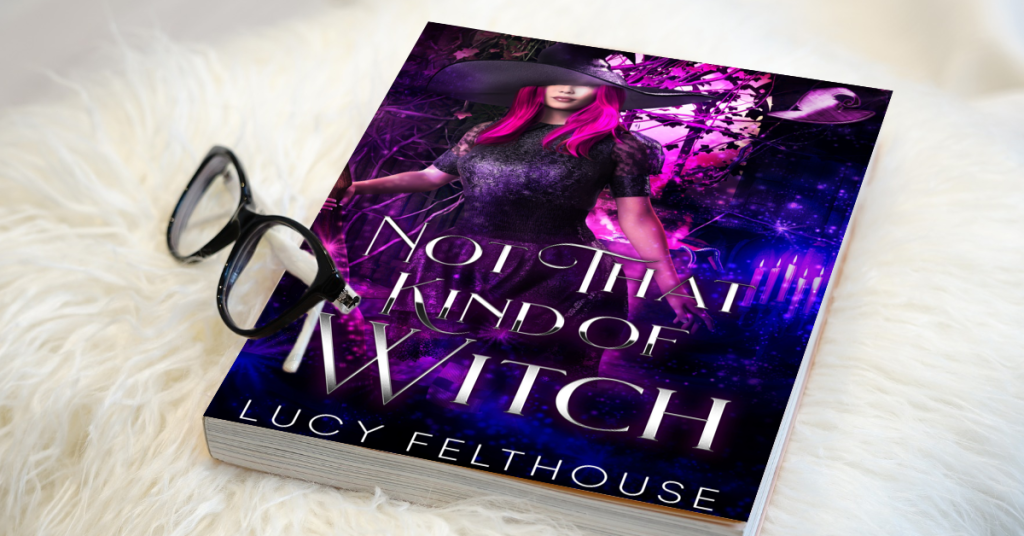

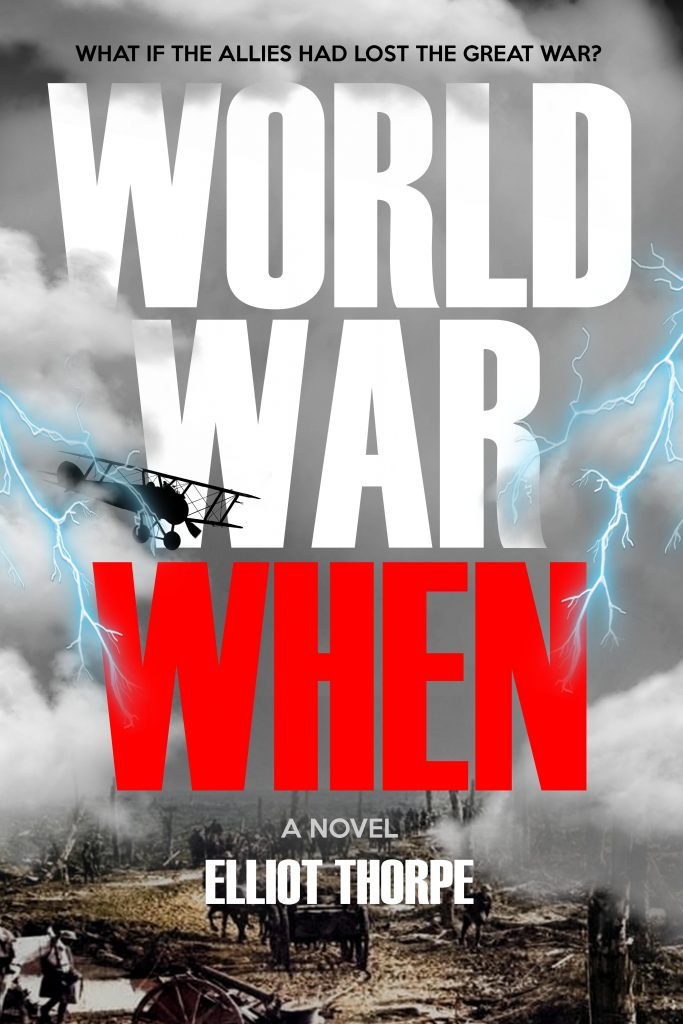
 BIO
BIO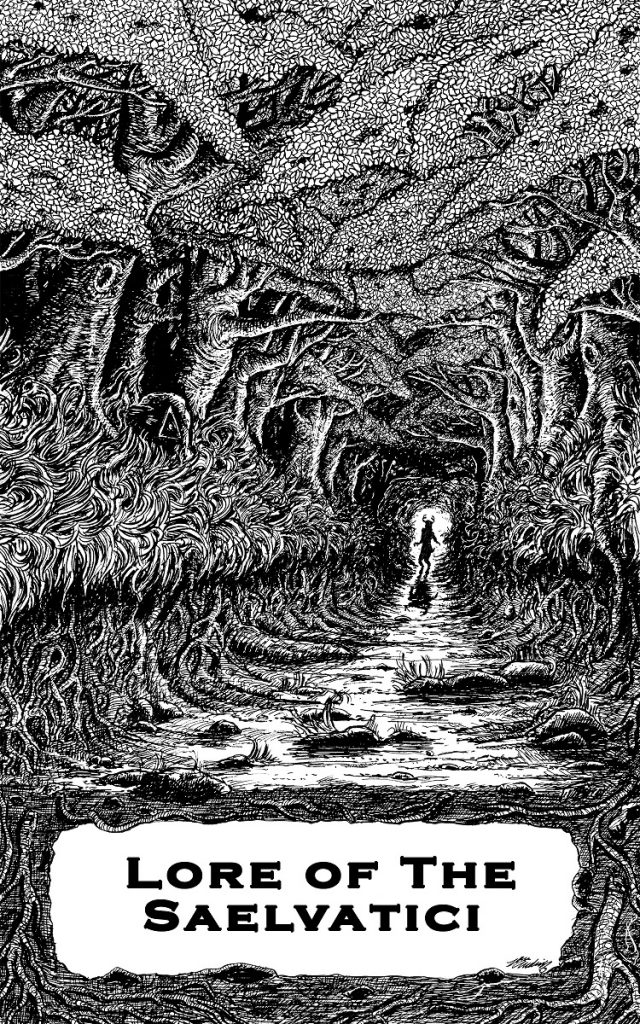
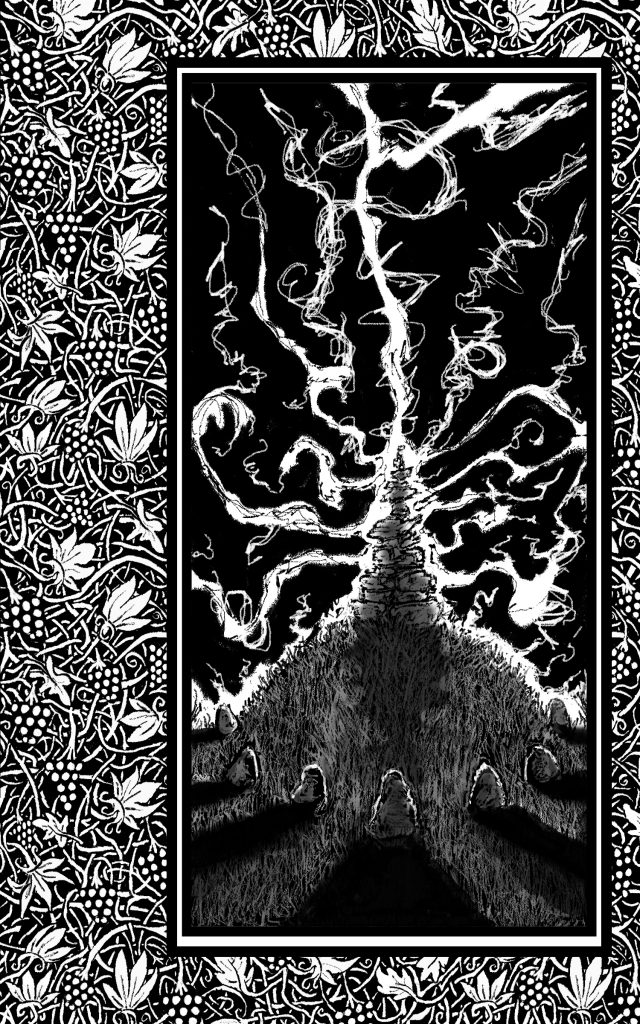
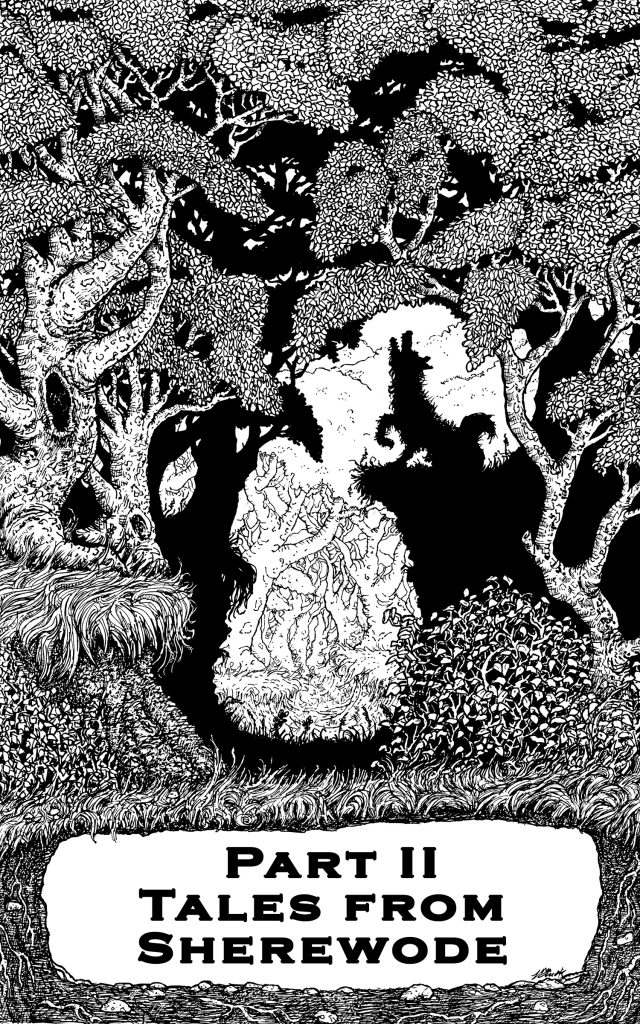
 Bio
Bio

 Jon Hartless was born back in the 1970s, and feels very old. He contributed the short story “Space Rats in the Maze” to the Scorpio Tales anthology. He is also the author of the Poppy Orpington Chronicles, a Steampunk motor racing series which can be found at:
Jon Hartless was born back in the 1970s, and feels very old. He contributed the short story “Space Rats in the Maze” to the Scorpio Tales anthology. He is also the author of the Poppy Orpington Chronicles, a Steampunk motor racing series which can be found at: 
